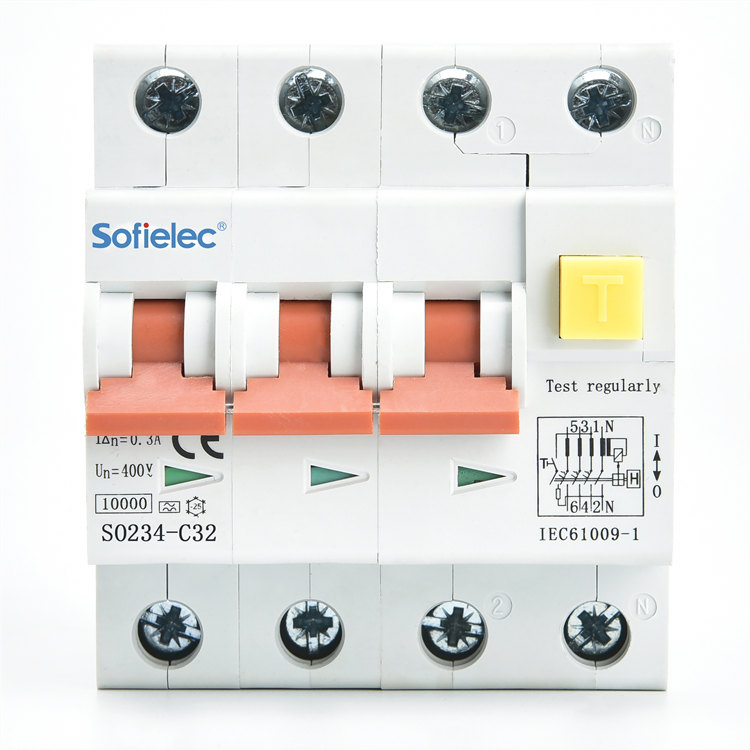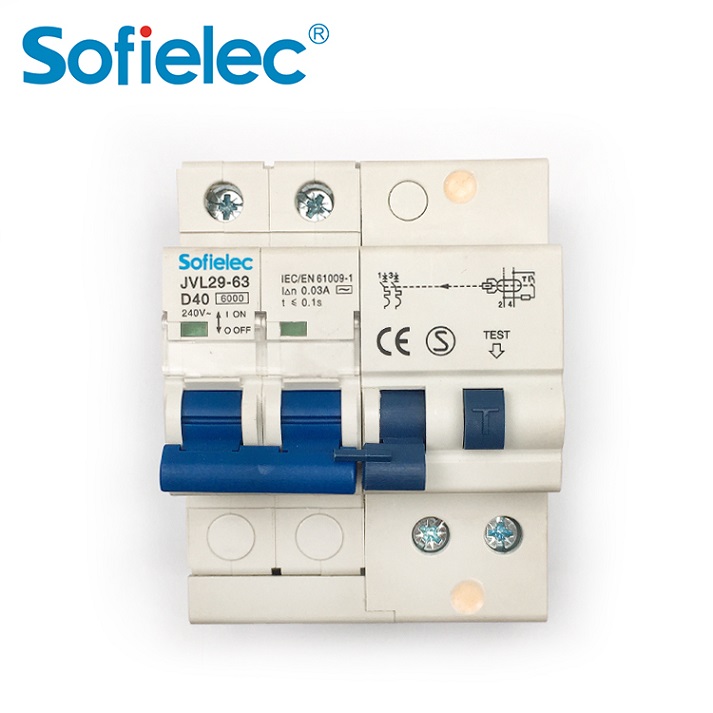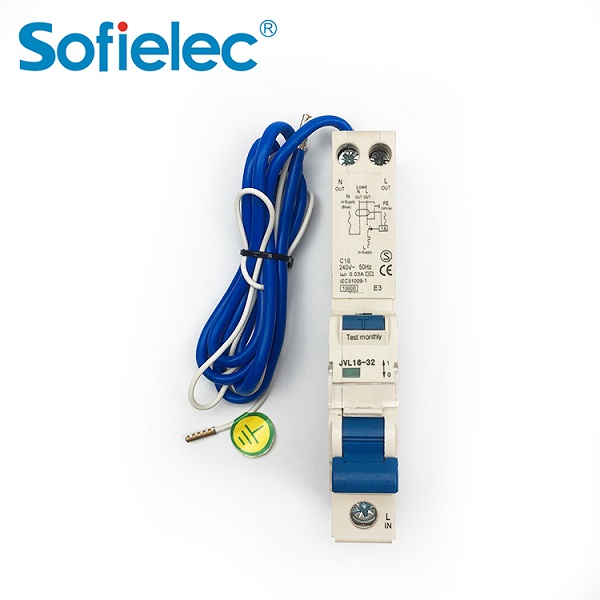What Makes a Circuit Breaker Essential for Home Electrical Safety?
Home electrical safety ranks high on every homeowner’s priority list, yet many overlook the quiet workhorse that prevents crises before they start. This device acts as the first line of defense against electrical hazards, but its true role is often misunderstood. If you’ve ever wondered why it’s more than just a “power switch,” this guide breaks down its critical importance for keeping your home and family out of harm’s way.

What Dangerous Electrical Issues Does It Stop?
Two primary hazards pose risks to home electrical setups: overloads and short circuits. An overload happens when too many devices—such as a hair dryer, microwave, or laptop charger—pull power from a single circuit. This forces wires to carry more current than they’re designed to handle, leading to overheating, melted insulation, and even accidental fires.
A short circuit is faster and far more dangerous. It occurs when a hot wire (which carries electricity) comes into contact with a neutral or ground wire, creating a sudden surge of current. This surge can spark instantly, igniting nearby materials or damaging costly appliances like refrigerators or televisions.
The Circuit Breaker detects these issues in milliseconds. When it senses an overload or short circuit, it “trips”—shutting off power to the affected circuit before heat or sparks escalate into a full-blown disaster. This rapid response is why it’s an non-negotiable safety tool for any home.
How Is It Different From Old-Fashioned Fuses?
Fuses were once the go-to protection for older homes, yet they’re much less effective compared to modern Circuit Breakers. A fuse uses a thin metal strip that melts when overloaded, breaking the circuit to stop damage. The problem? Once melted, a fuse must be replaced—you can’t reset it. This delay leaves your home unprotected until you find a new fuse, and using the wrong size fuse (a common mistake) can completely bypass safety measures.
Circuit Breakers fix these flaws entirely. They’re reusable: just flip the switch back into place after addressing the issue (like unplugging extra devices). They also include built-in safeguards to prevent incorrect sizing, ensuring they always work as intended. For busy families, this reliability and ease of use make them a far superior choice for day-to-day safety.
How Does It Protect Your Family From Electric Shock?
Electric shock is a hidden risk—even small amounts of current can harm children, pets, or adults. While dedicated residual current devices (RCDs) are key for shock prevention, Circuit Breakers add a critical layer of backup protection.
If a device (such as a faulty toaster or wet vacuum) leaks current, the Circuit Breaker detects this abnormal flow. It trips quickly, cutting power before the leak can reach anyone who touches the device. This is especially important in areas like kitchens and bathrooms, where water (a natural conductor of electricity) raises the risk of shock. Without this protection, a simple misstep—like touching a wet appliance—could lead to serious injury.
Why Is It Essential for Homes With Modern Appliances?
Today’s homes have more high-power devices than ever before: refrigerators, air conditioners, electric ovens, and EV chargers all demand large amounts of current to operate. Running multiple of these devices at once puts significant strain on home electrical circuits.
Older safety systems (like fuses) can’t keep up with this demand, but Circuit Breakers are designed specifically for it. They monitor current levels constantly, adjusting to handle temporary surges (such as when an AC unit turns on) without tripping unnecessarily. When the strain becomes too much—for example, running the oven, dishwasher, and dryer at the same time—it trips to prevent overheating. This balance of flexibility and protection is why modern homes can’t function safely without a reliable Circuit Breaker.
Conclusion
A Circuit Breaker isn’t merely a component of your electrical panel; it’s the cornerstone of home electrical safety. It stops fires caused by overloads and short circuits, adds a safety net against electric shock, keeps up with the demands of modern appliances, and outperforms outdated fuses in every way. Every homeowner should prioritize having a well-maintained Circuit Breaker to avoid preventable electrical hazards.
If you’re looking for a Circuit Breaker that meets strict safety standards to protect your home, our selection is built for both reliability and performance. Explore our product page to find the right fit for your family’s needs: Circuit Breaker Product Page



